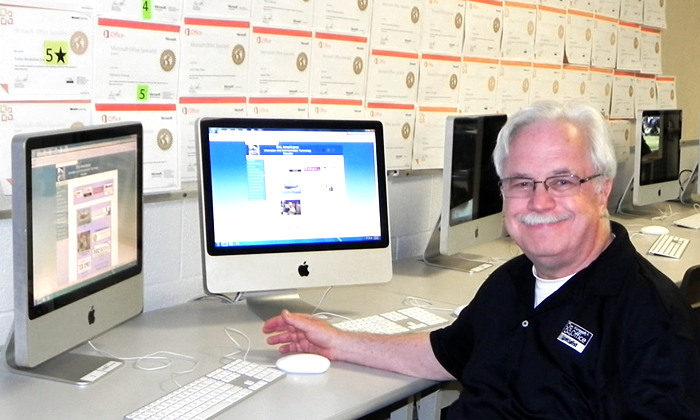7 Challenges for Computer-Based Testing
23 Jan 2014, Posted by in Edtech, Expert Interviews, Standardized TestingExpert Insights: Erik Amerikaner, Master Teacher
This year California school districts will be using computer-based internet delivered standardized exams. On the surface, this makes a lot of sense, and as an edtech advocate, it seems like an idea whose time has more than come. The ability to aggregate, parse and analyze data to learn more about students and teachers to improve learning sounds like a win. However, as a former educator, I know that’s just part of the story. Implementing successful change in schools is not a simple yes-no proposition.
I asked Erik Amerikaner , a National Board for Teacher Standards Certified Educator in Information and Communication Technology, to give me his views on the matter. As a computer specialist, Erik is completely tech friendly so one can hardly accuse him of being old school. In our discussion, Erik voiced the following concerns.
- Will there be enough computers to accommodate all the students in the testing pool?
- Will there be enough bandwidth to handle all the school’s computers online?
- Can we assume all students have enough experience to use computers and navigate the testing environment? Will the digital gap widen the achievement gap?
- What happens to existing computer classes during the testing sessions when the computers are in use for testing?
What will happen to the testing session when the internet/power is disrupted? - Will sufficient accommodations be available for special needs and/or ELL students on the computer based testing platform?
- How much public money is being used for development of the computer-based exams? Are high-stakes private companies driving the public education model?
Are there better ways to assess learning that would not exacerbate existing economic equalities? What do you think?
Erik is fortunate to be teaching in an excellent school district that has the commitment and budget to assure that its students will have the best possible testing experiences. Students come to school computer literate and computers present no obstacle to their success. However, not every district is as fortunate. Are we rushing in too quickly? Are we letting high-stakes private companies drive the public education model? Are there better ways to assess learning that would not exacerbate existing economic equalities? What do you think?





